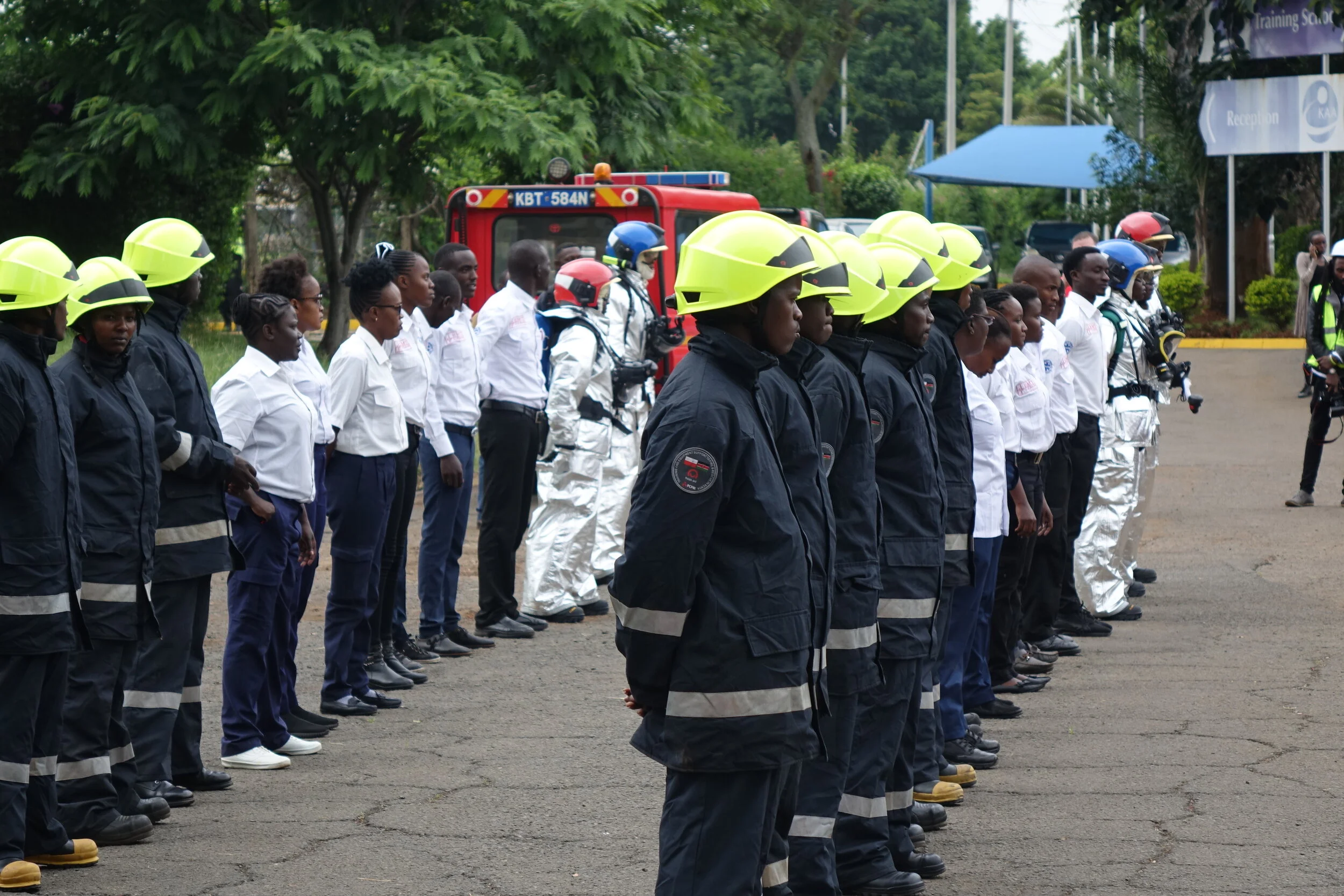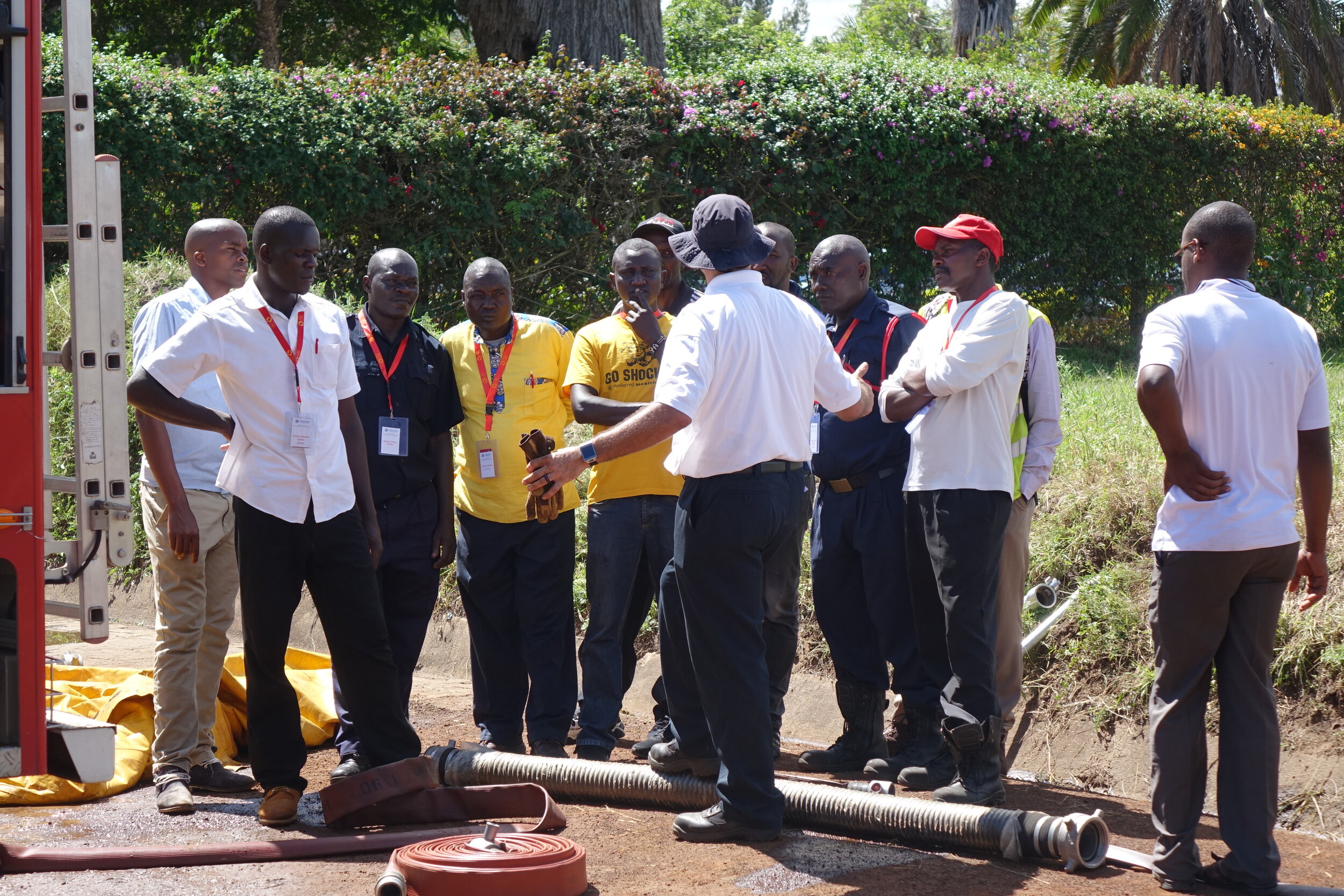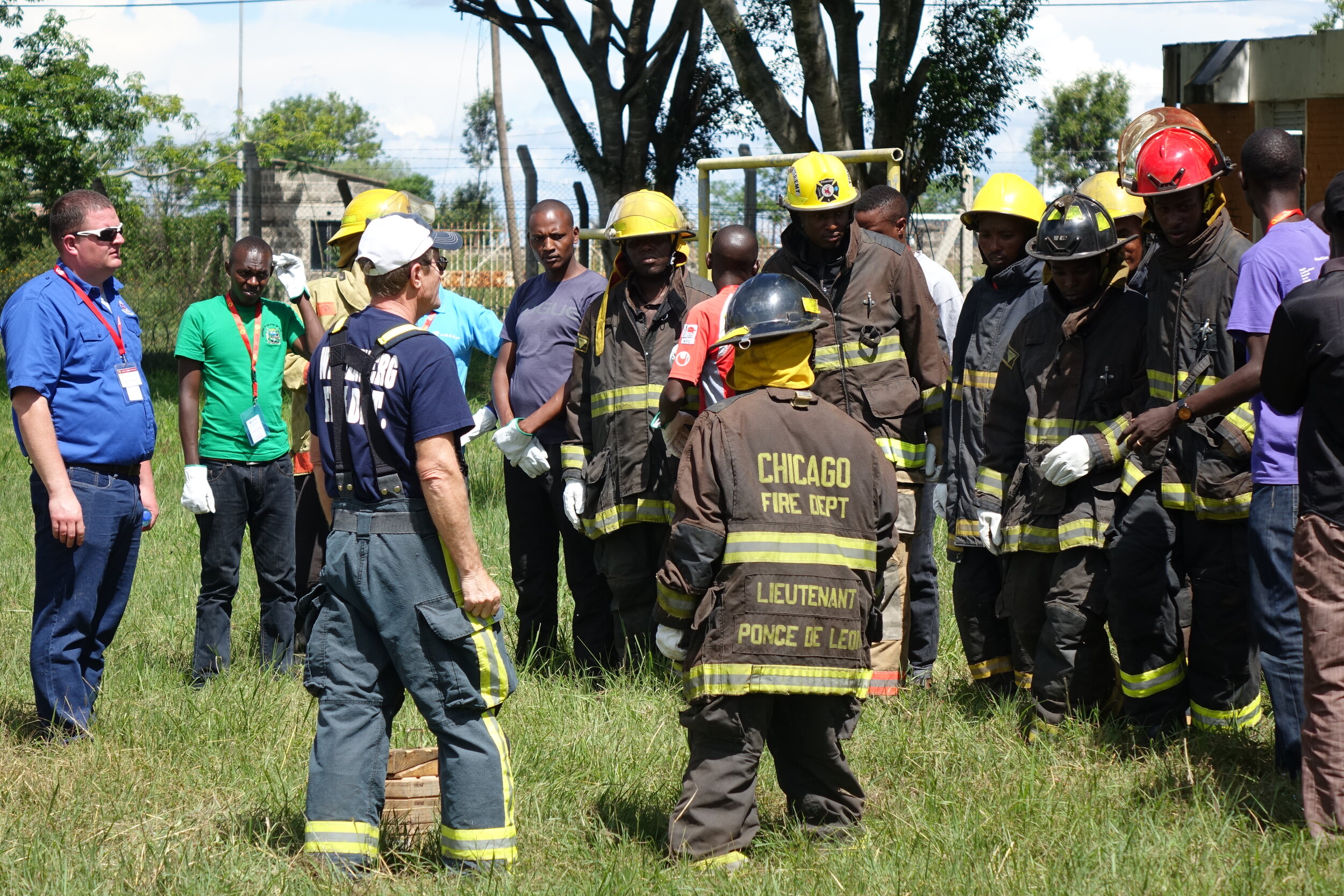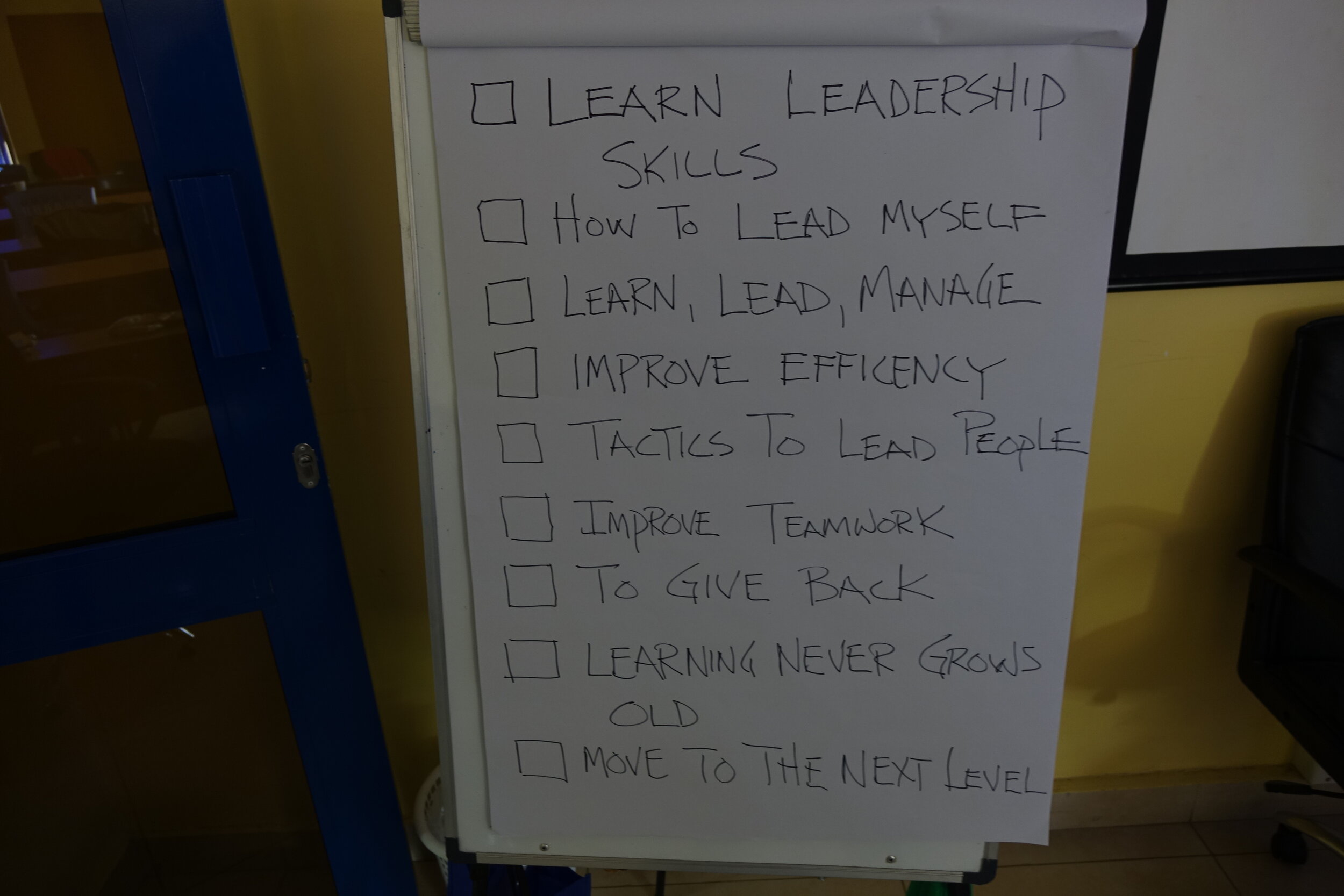by: Deputy Chief, Howard Cohen - Bennington, Vermont
Howard has been volunteering with AFM since 2020. He is the Chaplain and Deputy Chief of the Bennington Fire Department in Vermont. Additionally, Howard is a Rabbi and Life Coach.
There is no “I” in leader - Leadership in the Fire Service
Around firehouses all over the world, and translated into many different languages, one will hear the phrase “there is no I in team.” Every firefighter knows that we work together as a team when we are combating our universal enemy, out of control fire. We even have a name for the firefighter who thinks s/he can do it on their own. We call them rogue firefighters. Similarly, when it comes to leadership every team needs to have leaders, there is “no I in leader.” A leader is always part of the team.
Leadership is an earned privilege. A title does not make a leader. A title gives you authority and a specific set of responsibilities. As firefighters we are trained to work within a command structure. We do what we are instructed to do. A leader, however, motivates and inspires his/her team members to work together toward a common goal. A leader challenges and inspires us to grow as a person and as a firefighter.
There are many qualities good leaders share. These include, dependability, reliability, empathy, good listening skills, patience, good communication skills, creativity, positivity, and an ability to teach and mentor. Above all, a leader must be a person of integrity and vision. Not every leader is equally strong in all these areas. But every leader has strong skills in at least some of these areas.
Leadership also involves a set of skills. Anyone who is interested and motivated can learn leadership skills. However, knowing how to use these skills is no different than learning any other set of skills. It requires practice, practice and more practice. Contrary to what some people like to believe, no one is a born leader. Leaders arise out of a combination of circumstances such as a situation that requires leadership, cultivation of leadership skills and the awareness that this is now your moment to step up and lead.
So how does one acquire leadership skills? The same way one learns any new set of skills. Find yourself a teacher or mentor. Read leadership books. Take leadership training courses. Finally, practice, practice and practice some more, your new skills. Even if you do not aspire to a leadership role within your department, developing the essential skills of a leader will make you a better and stronger team member. There is no downside to cultivating your leadership potential.
There is also another, less formal way, to nurture your leadership potential. It is actually a thought exercise. Think of three to five leaders you admire. These leaders can come from all walks of life and they do not even need to still be living. You just need to admire their leadership abilities. Once you have identified these three to five, people ask yourself, “what leadership qualities of these leaders do I admire the most?” Now seek out ways to develop those same skills within yourself.
To sum up, effective leadership is about simple things like being a good listener, being honest, trustworthy, humble and recognizing one’s role on the team - how interact with and impact others. At the end of the day, if your actions inspire others to do more, to be better, and to learn more then you are a leader.






